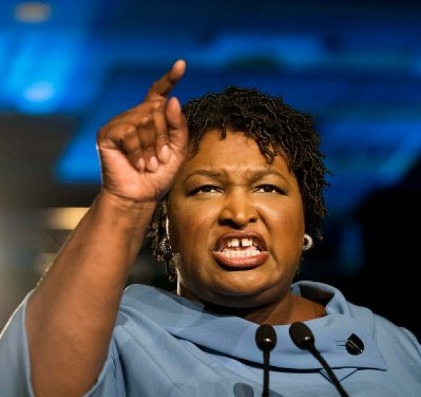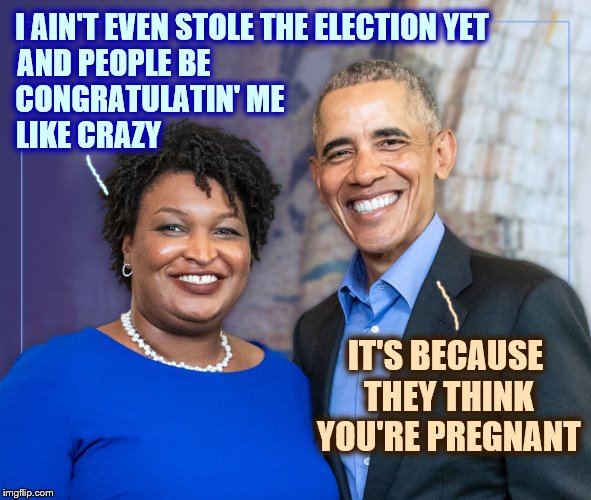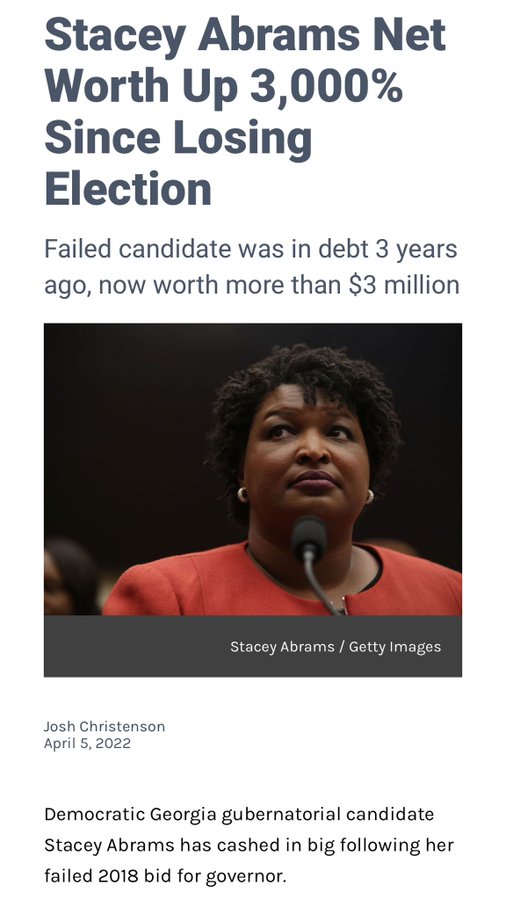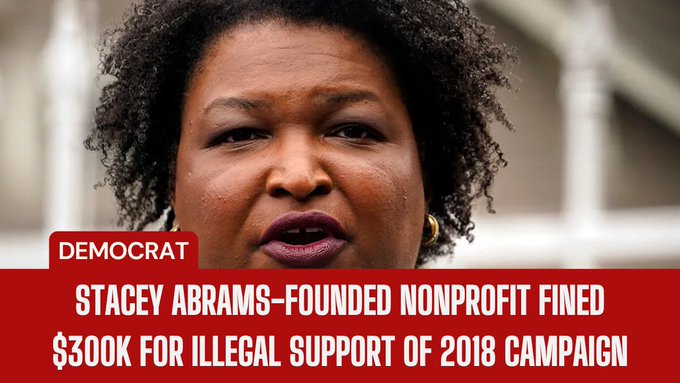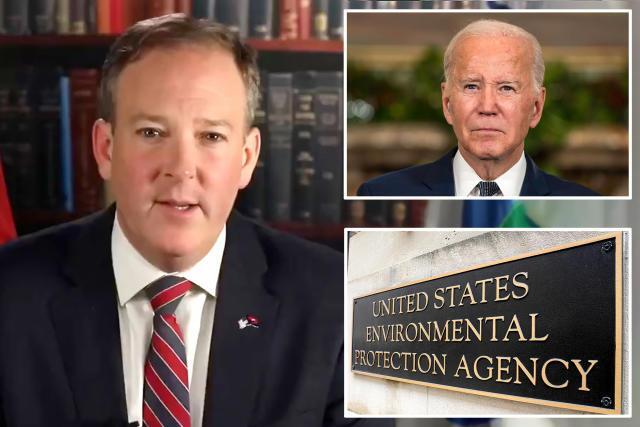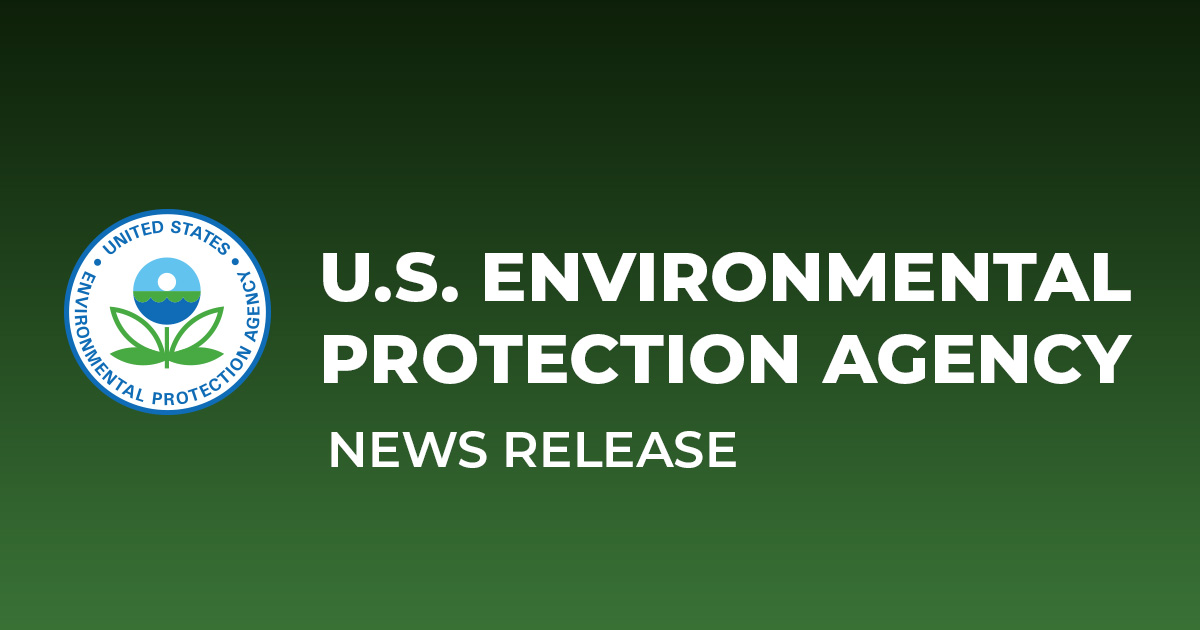The Green Slush Fund: How Biden Used Climate Money for Political Payoffs
The Biden administration’s funding of Power Forward Communities (PFC) represents an example of political patronage at its worst.
More than just a case of inefficient spending, this $2 billion grant epitomizes an outright transfer of public wealth to Democrat operatives without the faintest concern for financial accountability. The notion that this was anything other than political cronyism defies both common sense and the available evidence.
To understand the gravity of this case, one must begin with the nature of PFC itself. Incorporated in August 2023 under the name Clean Communities Investment Partnership, Inc., PFC was a nonexistent entity until it was rapidly rebranded just in time to become eligible for the Environmental Protection Agency’s (EPA) Greenhouse Gas Reduction Fund.
This was not a long-standing nonprofit with a history of serving communities. It had no financial track record, no independent funding, and no demonstrable expertise. Yet, in a stunningly short period, it was granted an astronomical sum of $2 billion. This alone is enough to raise serious questions about the legitimacy of the process.
PFC’s own IRS Form 1023 application betrays its true purpose. It did not propose a diverse funding strategy or a plan to cultivate private investment.
Rather, it explicitly stated that if it did not receive government funding, it might simply dissolve. In other words, this is an organization designed solely to collect and distribute taxpayer funds. Unlike traditional charities that work to secure donations from a variety of sources, PFC was built from the ground up as a taxpayer-funded operation.
Such an entity is not a nonprofit in any meaningful sense of the word—it is an extension of the federal government masquerading as a private organization.
One might ask why such an entity was chosen over more established organizations with existing infrastructure, financial independence, and a track record of success.
The answer lies in the political affiliations of its leadership. PFC’s board is stacked with prominent Democratic operatives. Its co-chair, Shaun Donovan, was a cabinet official under President Obama.
Another co-chair, Ari Matusiak, served in the Obama White House and now leads Rewiring America, a green energy advocacy group deeply tied to left-wing policy efforts.
Even more striking is the involvement of Stacey Abrams, a key Democrat figure whose organizations, including the Southern Economic Advancement Project and Fair Count, are formally partnered with PFC.
Abrams’s connection is not incidental—she publicly celebrated PFC’s formation and has been an outspoken advocate for its funding. Given the high-profile nature of her political activism, it is reasonable to conclude that PFC was constructed with an implicit guarantee of federal funding under a Democrat administration.
The $2 billion grant was distributed under the guise of combating climate change and improving home electrification. But here, too, the logic unravels. If the administration’s priority had been to increase energy efficiency, it could have allocated the funds to existing programs with demonstrable success. Instead, it opted to hand the money to a political creation with no institutional capacity.
Moreover, the very structure of PFC’s funding model is an invitation for financial mismanagement. The funds are to be disbursed as low-cost loans and grants, yet PFC has no experience in lending or finance. It exists not to implement policy but to serve as a vehicle for distributing government money to aligned interests.
The urgency with which these funds were allocated further suggests an attempt to cement the transfer before the incoming Trump administration could intervene.
By late 2024, with the election results clear, the outgoing Biden administration rushed to finalize the grant. The new EPA Administrator, Lee Zeldin, has already raised concerns about the process, suggesting that the funds may have been improperly allocated in a deliberate effort to circumvent future oversight.
This is not mere speculation—a Project Veritas investigation in early 2025 revealed footage of an EPA official admitting that billions were hurriedly moved into third-party bank accounts to insulate them from review. If these allegations prove true, then this was not merely an act of favoritism but outright corruption.
The implications of this case go far beyond PFC. The precedent it sets is chilling. If a sitting administration can fabricate nonprofit organizations out of thin air, staff them with partisan operatives, and funnel billions of taxpayer dollars their way, then the concept of government accountability ceases to exist.
What stops future administrations from engaging in the same practice? Why bother with the pretense of competitive grant applications at all? If the government can simply conjure recipients from nothing and hand them taxpayer money, then the mechanisms of oversight, transparency, and merit-based funding are reduced to a fiction.
Even if one were to grant the most charitable possible interpretation—that PFC was genuinely created to address climate concerns—the method of its funding still renders the entire endeavor illegitimate.
Governments cannot, under any rational framework, create recipients for their own grants. The separation between political actors and the allocation of taxpayer funds must be absolute. Otherwise, every dollar spent by the state risks becoming a partisan slush fund.
What is perhaps most revealing about this scandal is the response of its defenders. Rather than addressing the substantive concerns—PFC’s lack of experience, its dependence on government money, its ties to Democrat operatives—they deflect by pointing to the intended purpose of the funds.
They argue that any investment in green energy is inherently worthwhile. But this is a non sequitur. The ends do not justify the means. Even if PFC were somehow effective in distributing funds (a dubious claim given its inexperience), the fact remains that its creation and funding represent a perversion of the grant-making process.
This case is not about policy; it is about corruption. The Biden administration funneled billions to a handpicked, unaccountable entity, circumventing both the spirit and letter of transparent governance. It is the kind of naked favoritism that, if left unchecked, will metastasize into an expectation of impunity.
The Trump administration, now in power, has a duty to investigate and, if possible, claw back these funds. Congress must enact reforms to ensure that no future administration—Democrat or Republican—can repeat this scheme.
And the public must recognize PFC for what it is: not a charity, not a climate initiative, but an instrument of political graft on an unprecedented scale.
The Biden administration’s handling of PFC was not merely reckless; it was an abuse of power so blatant that it demands consequences. If this episode does not merit scrutiny, then nothing does. The integrity of federal spending itself is at stake.
View: https://x.com/amuse/status/1893127675557871825
